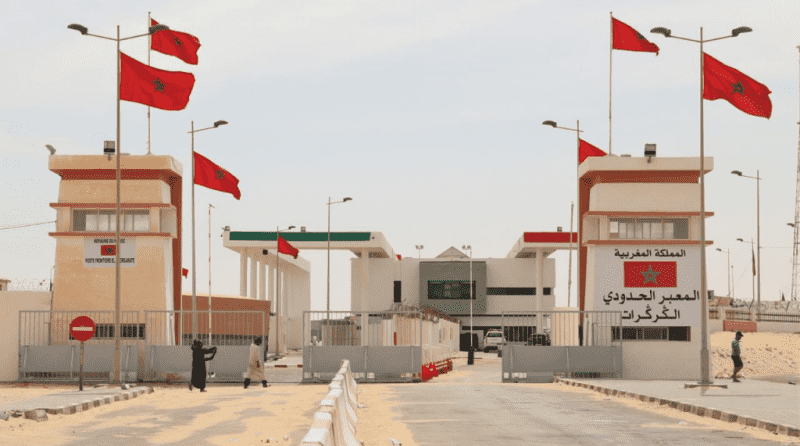The socio-economic development dynamic in Morocco's southern provinces was highlighted during a meeting of the 4th Committee of the United Nations General Assembly, held Wednesday in New York.
Speaking on this occasion, British lawyer Andrew Rosemarine stressed that the Moroccan Sahara is establishing itself as an economic hub and as a link between Africa and Europe.
Thanks to the new development model launched by King Mohammed VI in 2015 and endowed with a budget of 10 billion dollars, the southern provinces of Morocco are now witnessing multidimensional and inclusive socio-economic boom, he pointed out.
Referring to the growing international support for the Moroccanness of the Sahara, the petitioner said that more than 110 countries support the autonomy plan deemed as serious and credible by the Security Council, adding that this initiative is the "one and only" basis for achieving a realistic, pragmatic and lasting political solution to this regional dispute.
This irreversible dynamic confirms the legitimacy of Morocco over its southern provinces, despite the enemies of the territorial integrity of the Kingdom who continue to suffer bitter setbacks, he noted.
For her part, Belgian lawyer Ana Roios stressed that the new development model in the Sahara is based on a vision that promotes development through innovation, local industries and partnerships and which aims to make the southern provinces "partners and key contributors" to the economic and social landscape of the Kingdom.
It is in this context that the autonomy plan intervenes to provide these provinces with the capacity to manage their own affairs in full respect of national sovereignty and unity, she said, noting that this balance between local autonomy and national integrity is essential to ensure development that is both participatory and inclusive.
The petitioner mentioned, in this regard, the clear support enjoyed by the autonomy plan among several European Union countries, recalling an EU statement in which this regional grouping expressed its commitment to supporting Morocco's development strategies as essential components of stability and growth in the region.
For his part, the President of the Moroccan-Palestinian Friendship Group, Mohamad Ziyad Aljabar, commended the reformist dynamic in the southern provinces of the Kingdom, marked in particular by the strengthening of human rights, the acceleration of human development and the promotion of investments.
These achievements are bolstered by the diplomatic breakthroughs made by Morocco with the aim of settling, definitively, this artificial regional dispute, he said, while recalling the unequivocal support provided by several influential countries such as the United States, Spain and France to the Moroccanness of the Sahara and the autonomy plan.
In response to the enemies of the territorial integrity of the Kingdom, Mr. Aljabar also noted that the issue of the Moroccan Sahara is in no way similar to that of Palestine.
HM King Mohammed VI, Chairman of Al-Quds Committee, has never ceased to reaffirm that Morocco always places the Palestinian cause on the same level as the issue of the Sahara and that the Kingdom's action to enshrine its Moroccanness will never be done to the detriment of the Palestinian people's struggle to recover their legitimate rights, he recalled.
For her part, Zahra Saad, researcher at the National Institute for Fisheries Research, underlined the massive investments made by Morocco in the southern provinces, particularly in the fisheries sector, noting that this sector alone has benefited from nearly one billion euros dedicated to the construction of the new Dakhla Atlantic port and 120 million euros dedicated to the promotion of fishery products.
As part of this dynamic, the legitimate representatives of the Moroccan Sahara region play a leading role in the implementation of this development model, said Peruvian politician and jurist Martha Chávez Cossío, adding that this innovative action plan covers all aspects of political, social, economic and human rights life in the southern provinces.






